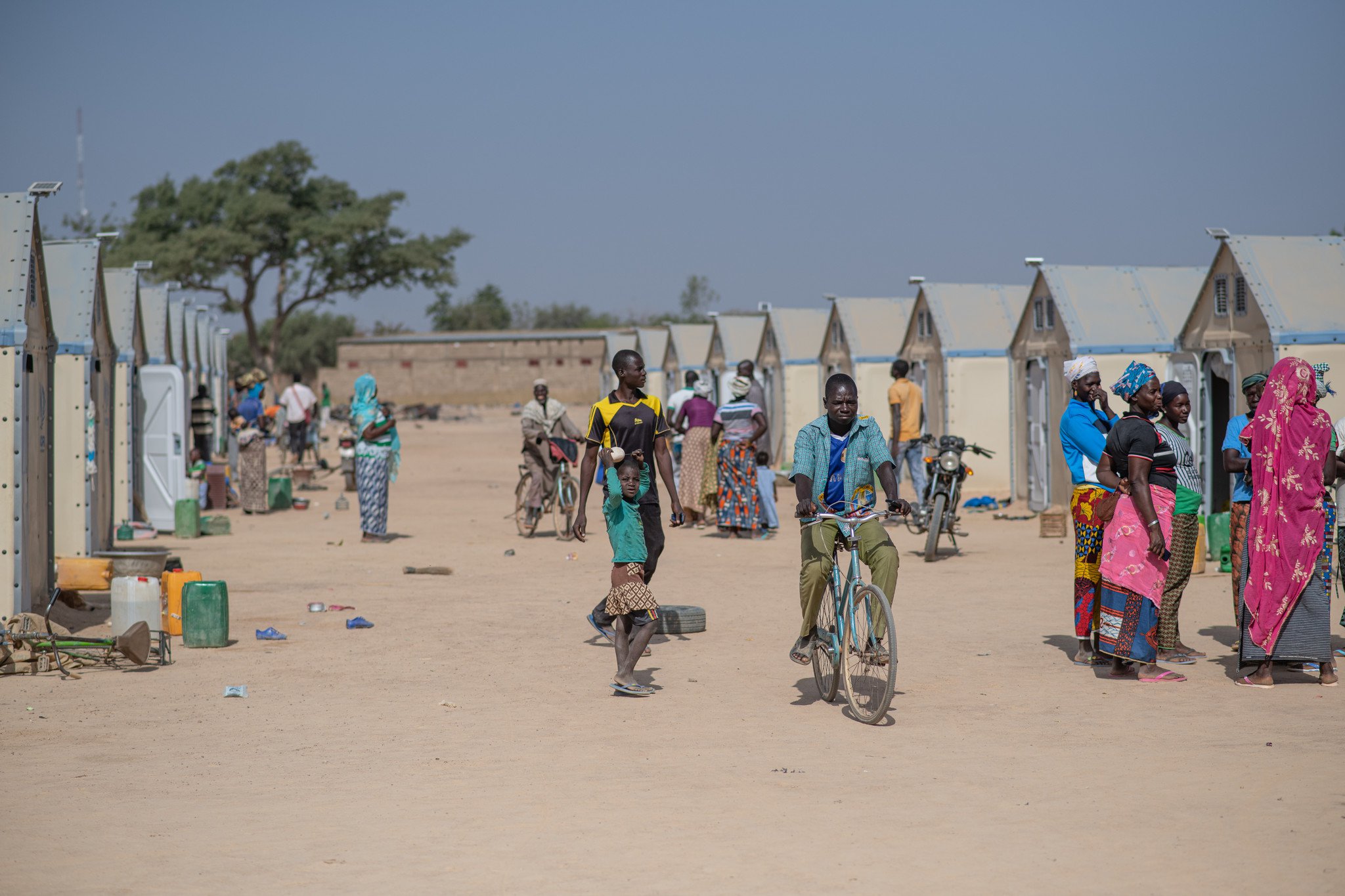Global crisis demands a global response and attention to most vulnerable to head off worst of coronavirus.
The COVID-19 pandemic is accelerating, moving from well-resourced countries in Asia, North America, and Europe into some of the poorest, where it is another challenge layered upon ongoing conflict, food insecurity, drought, and more. The total number of cases has now exceeded one million as it hits countries perhaps least prepared to handle the pandemic.
“A million cases are just the beginning of this daunting challenge,” says Abby Maxman, president of Oxfam America, adding “there is still an opportunity to stop this virus from devastating the most vulnerable among us.”
As Oxfam works in in over 60 countries with local partners to slow the spread of the disease, we are calling on world leaders to devote resources to enable the poorest countries to meet their public health responsibilities and help those most vulnerable.
Oxfam estimates that nearly three billion people across the developing world do not have access to clean water, and millions more do not have adequate healthcare and live in crowded slums or refugee camps where social isolation is impossible. Without a significant investment in public health in the poorest countries, the pandemic could lead to 40 million deaths, according to an analysis by the Imperial College of London.
“It is understandable that national leaders are focused on tackling this crisis in their own countries, but leaders, and especially the G20, must find the space for supporting other nations too, if humanity is to successfully beat this disease,” reads Oxfam’s statement, issued on March 30th.

The agency urges countries to devote nearly $160 billion to double health spending in 85 countries and make health care free for the 3.7 billion people in them. The $160 billion in spending would represent a mere eight percent of the recent stimulus spending authorized by the United States.
Immediate action on clean water, hygiene
Oxfam is already working with high-risk communities that are most vulnerable to the COVID-19, and building on our experience responding to outbreaks of Ebola, cholera, and other diseases by promoting accurate information on diseases delivered by trusted people in communities, encouraging handwashing, and providing hygiene items families need, such as soap and clean containers to store water. We are working with our local partners, government health ministries, and key UN agencies in more than 50 countries to determine how best to respond to the COVID-19 crisis, especially given our expertise in public health, water, and sanitation. With limitations on travel, Oxfam’s dedicated local staff and partners are key in continuing these programs—and we are taking steps to protect them and the communities we serve so we can continue the response.
Many of our staff and partners are increasing the delivery of soap, clean water, and sanitation services, including building and upgrading hand-washing facilities with a special focus on people in higher-risk areas and at health facilities.
We’re also partnering with different groups to share these messages on the importance of proper hygiene, like the Mukuru Youth Initiative in Kenya that released a social distancing and hand-washing video.
For many people in developing countries, a day without work due to stay-at-home orders is a day without food; where possible Oxfam and our partners will disburse cash so people can meet urgent needs.
Oxfam staff and local partners are distributing 17,000 bars of soap per month and building hundreds of hand-washing stations in areas hosting people displaced by violence in three states in Myanmar, delivering beds, protective clothing, hygiene kits, and building hand-washing stations at 15 medical facilities in Gaza, and raising awareness of COVID-19 with public information campaigns in areas affected by cyclones on the central coast of Mozambique.

Women around the world are likely to be disproportionately affected by this crisis. Oxfam’s partner the Jordanian Women’s Union is continuing to find ways to provide assistance to survivors of domestic violence despite a rigid lockdown that keeps people in their homes in Jordan.
You can see a more complete list of program activities on our COVID-19 crisis web page.
Oxfam in the United States
Many of the affiliates in the Oxfam International family are aiding people in their own country as well as funding response elsewhere. Oxfam Hong Kong has been sharing information about how to avoid the disease with Burmese-speaking street cleaners, promoting good hygiene, and distributing face masks. Oxfam Italy is raising money for health care equipment. Oxfam India is advocating for more government support for its overburdened health care system, and is seeking funds to provide protective equipment for front-line health care workers.
And the United States is no exception when it comes to poor people who are likely to suffer the worst effects of the COVID-19 crisis—low-wage workers, undocumented workers, day laborers, and others who live from one paycheck to the next. When they lose their jobs, they may fall between the cracks of government programs and get little help. When 40 percent of the workers in the US don’t have $400 saved, how can they last for weeks without jobs?
Oxfam is now supporting folks in the places we know best, and in the most distressed parts of the country: Mississippi and Louisiana; Puerto Rico; and Appalachia. We are working with a range of local and regional organizations connected with workers at poultry plants, hotel and restaurant workers, and others to provide cash, gift cards, and information about COVID-19 in languages, including Spanish and Vietnamese so everyone can understand the threat of the virus and how to stay safe.
Our staff in the United States is also advocating for paid sick leave and better benefits for supermarket workers, pushing for better policies that respect the basic rights of asylum seekers, and urging the State Department to reinstate aid programs in Yemen, a country undergoing more than five years of conflict, a serious cholera epidemic, and with a severely diminished health care system unprepared for COVID-19.
